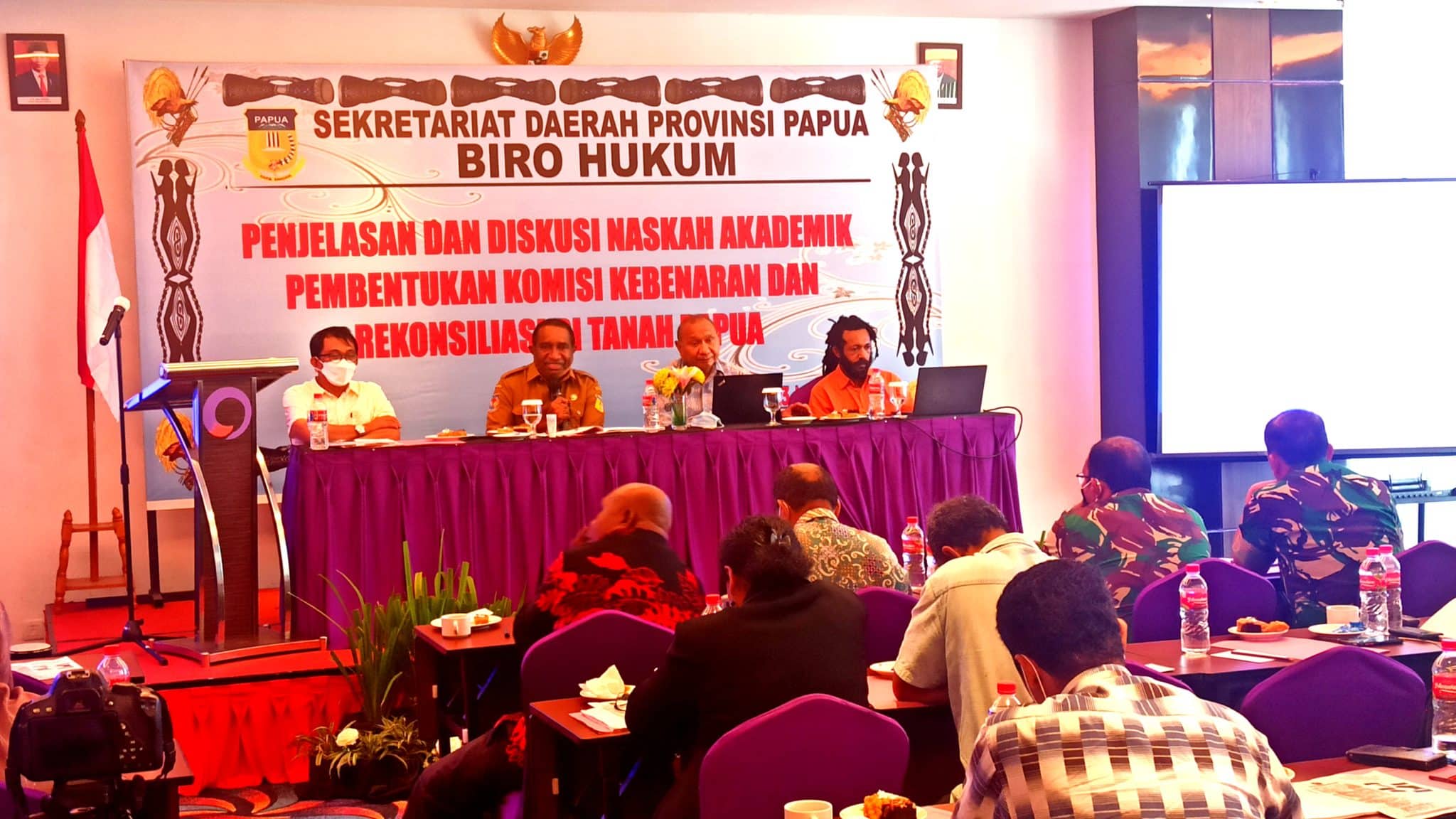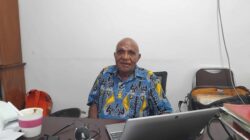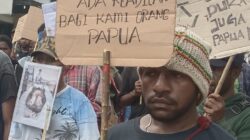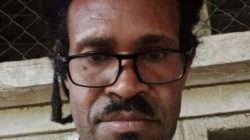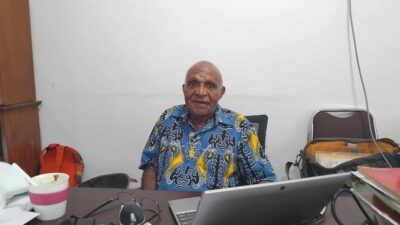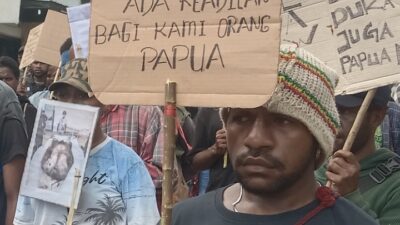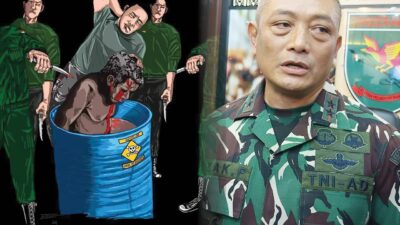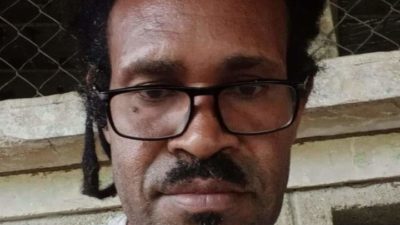Jayapura, Jubi – Head of the Cenderawasih University’s Truth and Reconciliation Commission (KKR) Team Melkias Hetharia says the expansion of Papua through the formation of three new provinces in Papua will not hinder the formation of the Truth and Reconciliation Commission.
Hetharia said that the establishment of KKR was mandated by Papua Special Autonomy (Otsus) Law No. 21/2001 and remained unchanged in Law No. 2/2021 on the Second Amendment to Otsus Law.
Article 46 paragraph (3) of the Otsus Law states that a Truth and Reconciliation Commission in Papua can be established by Presidential Decree, following a proposal from the Governor of Papua. Hetharia said the provision had been in effect since 2001 when the land had only one province. According to him, the KKR can still be formed on the basis of the proposal of the Papua Governor.
“So the formation of the New Autonomous Regions has no effect on the formation of the KKR. In Papua, the process of establishing the KKR has been going on for 3 years. Even though Jakarta wants the KKR to be established immediately, we have to follow the procedures as stipulated by law,” said Hetharia on Tuesday, July 12, 2022.
The Papua Provincial Government and the Cenderawasih University are currently drafting an academic study to be used as the basis for the formation of KKR regulations. After the process is complete, Hetharia hoped, the Papua Governor could immediately propose the establishment of the KKR.
In accordance with Article 46 paragraph (2) of the Otsus Law, the Truth and Reconciliation Commission is tasked with clarifying the history of Papua to strengthen national unity and integrity within Indonesia. The KKR is also tasked with formulating and determining reconciliation steps for cases of human rights violations.
According to Hetharia, the draft for the establishment of the KKR would continue to be discussed with women leaders, traditional leaders, religious leaders, the Indonesian Military (TNI), National Police, and Ministry of Law and Human Rights. The preparation of the academic study also involves academics and non-governmental organizations in Papua.
Melkias Hetharia said that the concept of the Papua Truth and Reconciliation Commission had been adapted to the principles of conflict resolution in customary law, positive law, and international law. “We did that because we wanted the establishment of the KKR to create peace and harmony in the entire community, as well as between the community and government,” he said.
Head of the Legal Bureau of the Papua Province Regional Secretariat Derek Hegemur said the formation of the KDD indeed took a long time because it needed discussions to accommodate the interests of all parties.
“Today the Papuan Provincial Government invites all competent parties to discuss, so that the KKR, which will be formed later, can function and help all of us Papuans. The KKR is also an instrument that can be used to find facts, reveal, and formulate steps for reconciliation,” said Hegemur.
Hegemur believes that if the process of establishing the KKR is participatory, the level of public trust in the KKR will be higher. “It takes a long time because there needs to be a firm resolution to the Papuan problem. It is important so that the Papuan people’s distrust, disappointment, and fear that have been looming for a long time can slowly fade away,” he said. (*)


